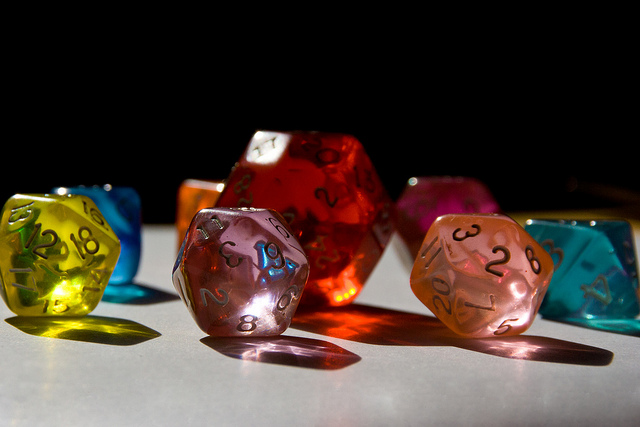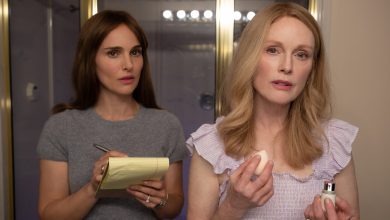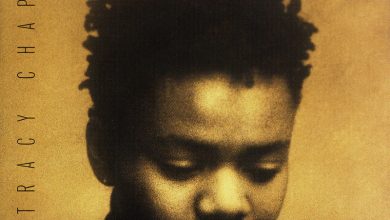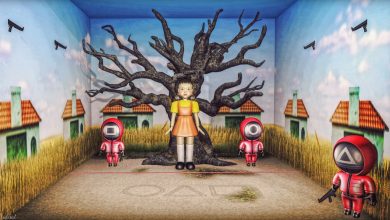On Decolonizing “Dungeons and Dragons” and Similar Role-Playing Games

Image via Flickr. / CC BY-NC-SA 2.0
The world has been gripped by a fascination with high fantasy and science fiction in recent years. Just last year, the iconic show “Game of Thrones” finished its sixth season, earning the title of “Most Popular Show in the World” as it attracted 23 million American viewers and countless others abroad in over 170 countries. This past holiday season featured the release of another installment of one of the world’s largest movie franchises, “Star Wars,” which according to Variety, grossed over one billion dollars worldwide. The popularity of these two franchises show that high fantasy and science fiction are here to stay in the mainstream. With escapism at an all time high, it’s evident that audiences enjoy stories involving otherworldly conflicts and displays of magic and technology.
However, there is one unfortunate reality that persists throughout these two genres. Although science fiction and high fantasy ground their identities on escapism and the imagining of other worlds, narratives tend to carry over remnants of the oppressive structures that exist in our own contemporary world. This could be due to the fact that all many of these franchises have primarily white, male creators. For example, “Game of Thrones” is set in a fictional world that features a majority white cast. Any roles that go to people of color usually relegate them to roles of slaves or freed slaves, who then worship their “white savior” Daenerys for lifting them out of their “decrepit” lifestyles. In a similar vein, “Lord of the Rings” features an all-white cast that is dominated by white men, while also portraying dark skinned characters as being subhuman villains. Even “Star Wars,” until recently, told its narratives from the point of view of white characters. In the minds of many viewers, exploring dungeons, tossing fire balls, and riding X-wings to blow up TIE Fighters, was a power fantasy available only to individuals from privileged communities. This might not have been the intention of the creators, but the lack of representation within these worlds and their narratives definitely conveyed this notion.
However, the invention of role-playing games (RPG’s), changed the game for many nerds who were a part of marginalized groups. The birth of tabletop RPGs, such as Dungeons and Dragons (DnD), and Star Wars: Edge of the Empire, created a space and a forum in which any person could play a major role in the worlds and narratives that they had fallen in love with. Tabletop Role-Playing Games are games that require players to create characters. One of the players is known as the Dungeon Master or the Game Master. The Game/Dungeon Master creates a world and plot for the players to journey throughout, battling fiendish beings and becoming whomever they aspire to be. In this medium, players from oppressed communities can take part in the Resistance, fight with Princess Leia at their helm, or uncover a secret cult trying to revive a dead evil god, without their own personal identities getting in the way of that.
Tabletop RPG players who come from marginalized communities aren’t restricted by the same oppressive structures that they face in their daily lives, as long as the lore and construction of the worlds constructed by the Dungeon Master/Game Master does not require them to. Players who belong to marginalized communities that aren’t allowed the same power fantasies that white heteronormative players are given in popular media, can create their own in these tabletop rpg communities.
However, despite the freedom that tabletop RPGs introduce admirably, they are for most part created by people who still benefit from the white supremacist ideals that structure the Euro-American canon. The games aren’t perfect and still suffer flaws in design. Many of the playable races found in the world of DnD incorporates racial colorism, coding darker skinned races as being morally corrupt. And due to the high fantasy themes that often appear in many player’s campaigns, many Dungeon Masters recreate worlds that mirror the misogyny and racism that exist in our own world. When playing DnD or other similar tabletop RPGs, the players and the dungeon master should work towards decolonizing their own experiences. If you put in the effort to escape the socioeconomic oppression of your reality, why adapt it into your fantasies? There are few ways that players can improve their overall experience, while also decolonizing their game of white supremacy and misogyny.
One element of DnD is the morality alignment that characters use to determine how one’s character lies in terms of morals and values. The scale ranges from lawful to chaotic and good to bad. This morality alignment scale is a great tool for fleshing one’s character’s personality. However, one problematic element to the morality alignment is that morality can often be associated with race, a phenomenon that is perpetuated in our own world. Many of the playable races come with morality suggestions, that attempt to guide players in shaping how their players will traverse the world and the types of moral decisions players will make. The unfortunate reality is that this reinforces the idea that one’s race determines one’s morality.
This is clarified when one looks closely at which morality alignments align with which playable races. Many of the races that tend to have “monstrous features” or darker skin tones tend to be associated with an aversion towards laws and good. Orcs, commonly coded as being brutish uncivilized peoples, are inherently evil characters. This opens up horrible implications when players choose to play half-orcs in their sessions, as Orcs when coded as being inherently violent and evil, can only have children from rape or sexual violence. Even the darker skinned black elves, the Drow, are considered one of the most villainous elves to inhabit the world of high fantasy. This reinforces colorism and racial issues that already exist in our own society. Though this may not have been intentional, it reveals that these concepts are so ingrained in our subconscious that we ourselves may not be aware of it.
Thus when playing as a character, or creating a narrative as the Dungeon Master, it is important to shape the lore in a manner that dissociates characters’ morality and their potential away from their race.This will remove unintentional moments where racial dynamics in real life translate over into gameplay, perpetuating racial myths and power dynamics.
Tabletop RPGs are a great way for individuals who are a part of marginalized communities to be in touch with their science fiction or high fantasy fantasies. However, it’s important to not perpetuate the very oppression that is interwoven in own lives in the very mediums that give them the power to escape and have fun.




